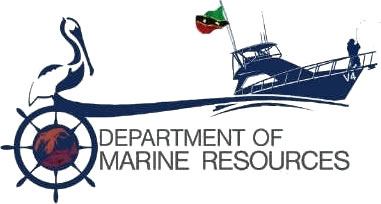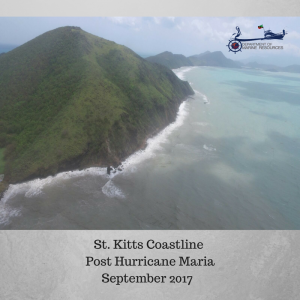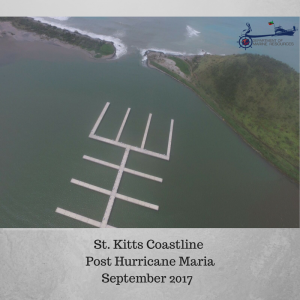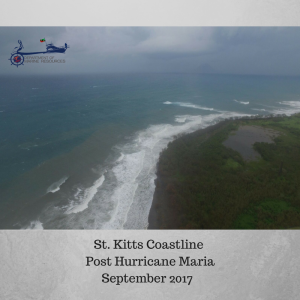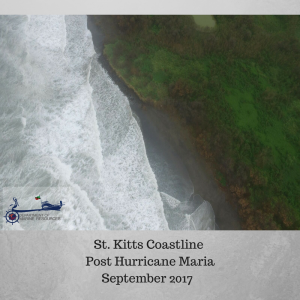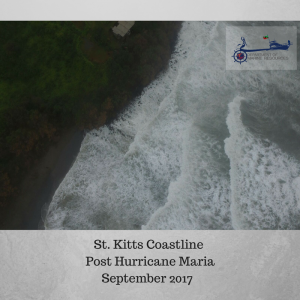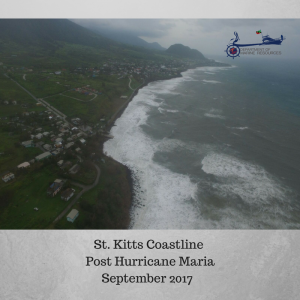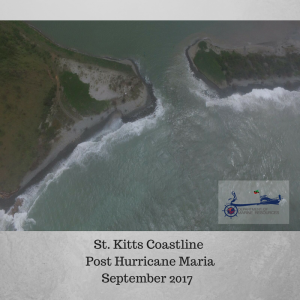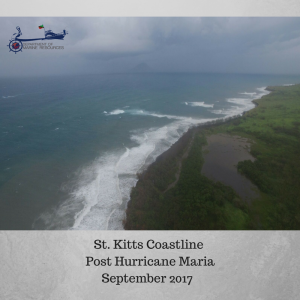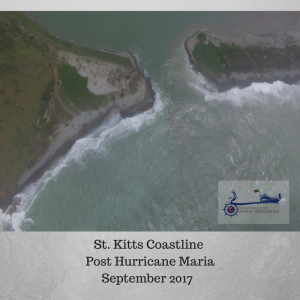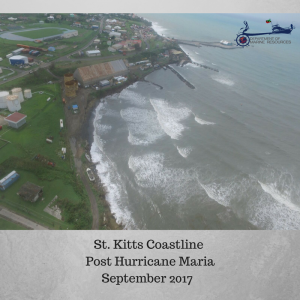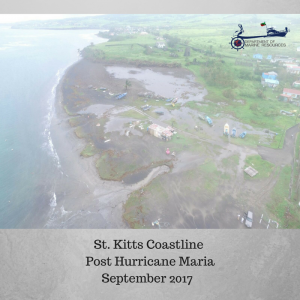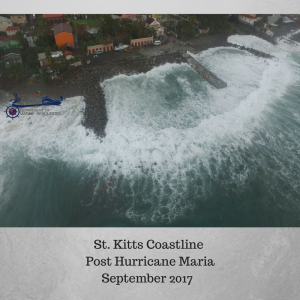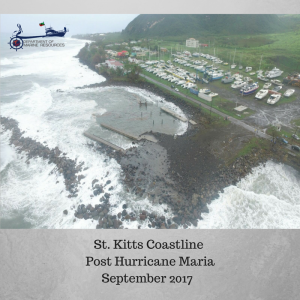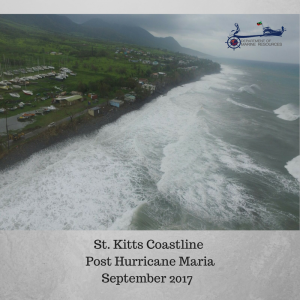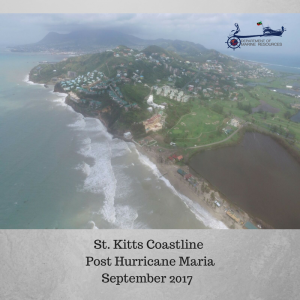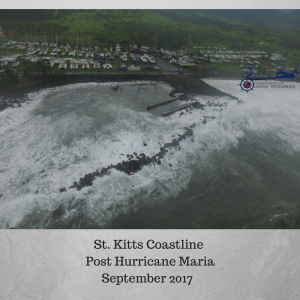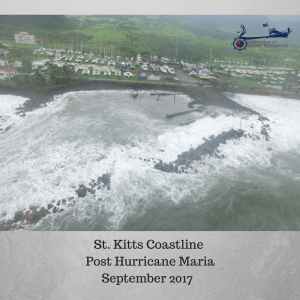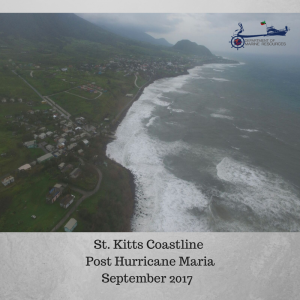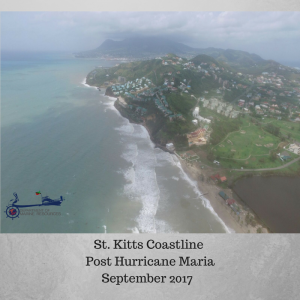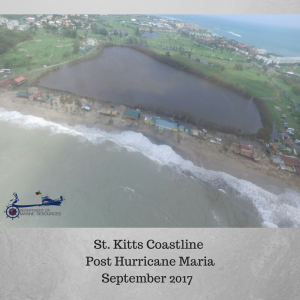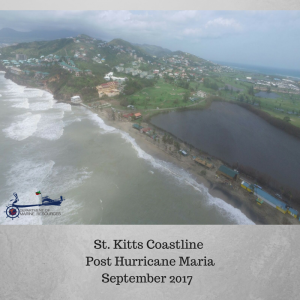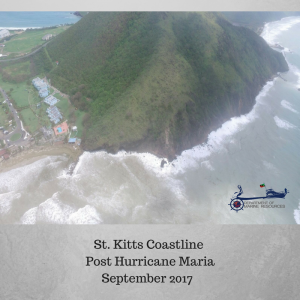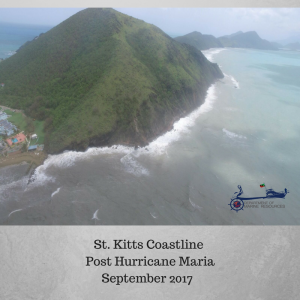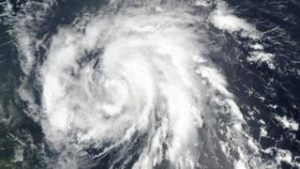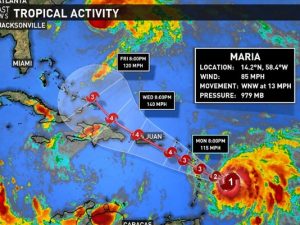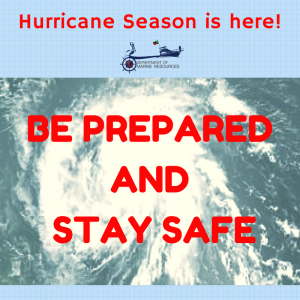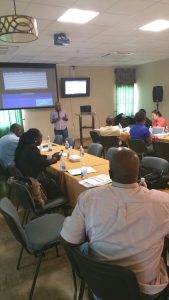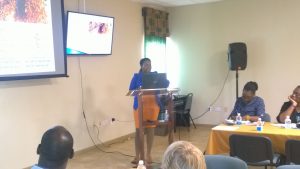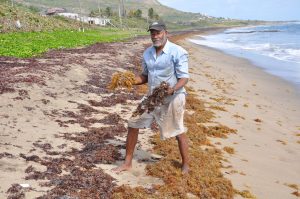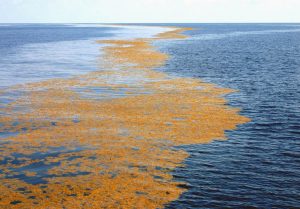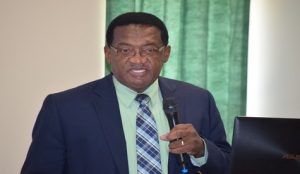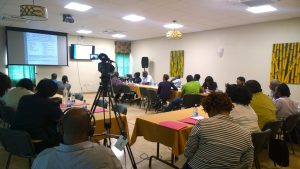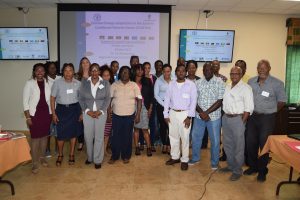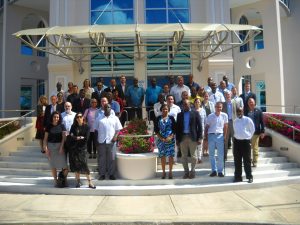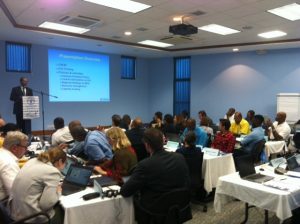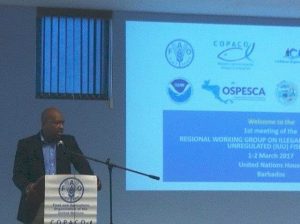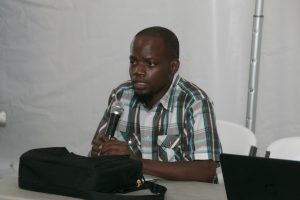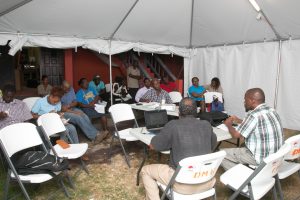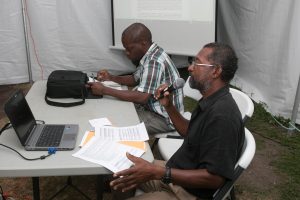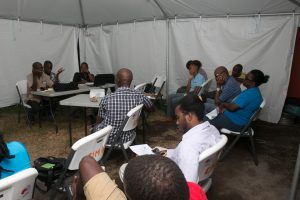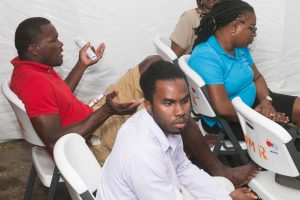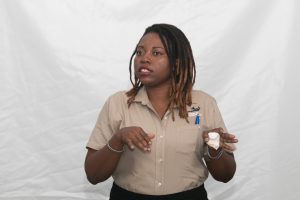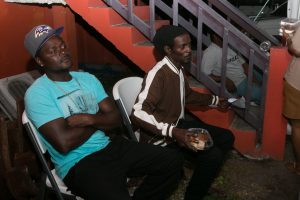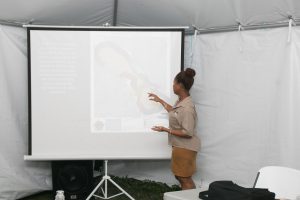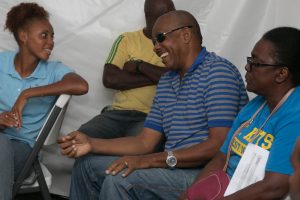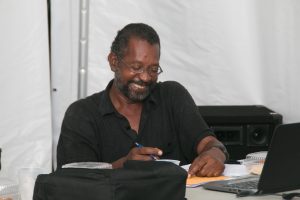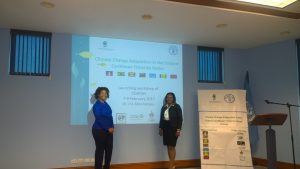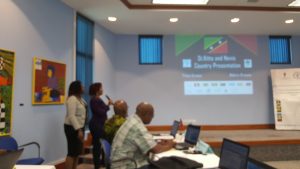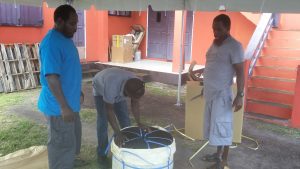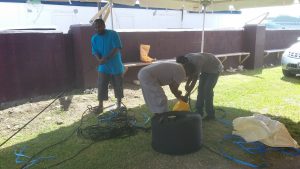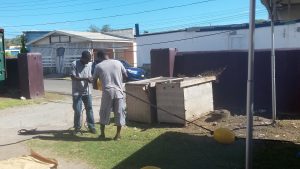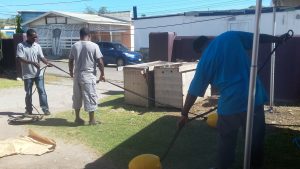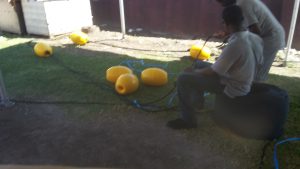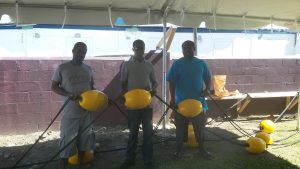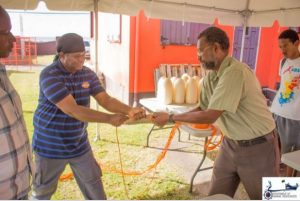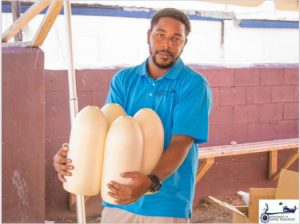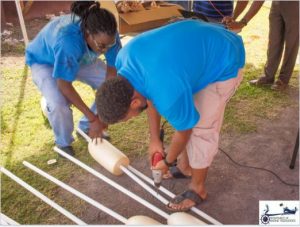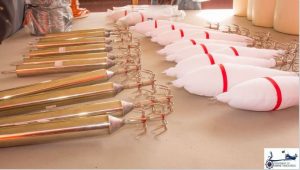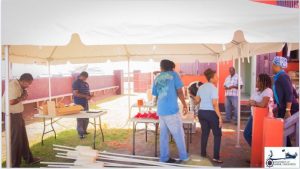Rum benefits Sea Turtles !
The St. Kitts Sea Turtle Monitoring Network (SKSTMN) is teaming up with Brinley Gold Shipwreck Rum (Brinley) to make the launch of their new White Reserve Caribbean Rum one that benefits sea turtles in St. Kitts. Brinley has agreed to donate a portion of proceeds from first year sales of the new White Reserve Caribbean Rum to the SKSTMN. In addition, Brinley has created turtle-shaped hang tags (see pictures) to place on several Brinley Gold Shipwreck Rum varieties. This will allow customers near and far to learn about the sea turtles of St. Kitts, the SKSTMN, and support sea turtle conservation efforts in the Federation while enjoying Kittitian-born rum. “We are thrilled to be working with this great team and their truly worthy cause. The St Kitts Sea Turtle Monitoring Network is protecting sea turtles & their beautiful habitat… and we are VERY proud to be a part!” said Brinley Gold Shipwreck Rum Owner, Zach Brinley.
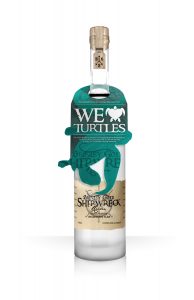
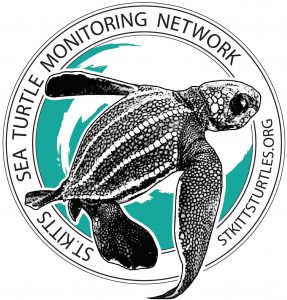
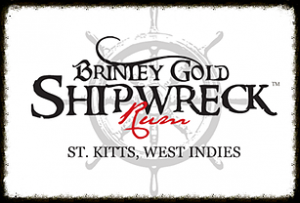
The SKSTMN is a registered NGO in St. Kitts as well as a Public Charity in the United States with tax exempt 501c3 status. A community-based organization formed in 2003, the SKSTMN aims to implement a long-standing sea turtle conservation management program, promote community awareness of the plight of sea turtles, and advocate for stronger sea turtle protection laws in the Federation of St. Kitts and Nevis. SKSTMN Director, Dr. Kimberly Stewart, added, “This partnership with Brinley Gold Shipwreck Rum offers opportunities for conservation education and public awareness regarding sea turtles and the marine environment in St. Kitts that transcend geographic boundaries and we could not be more excited!”
To learn more about the St. Kitts Sea Turtle Monitoring Network and/or make a donation, visit www.stkittsturtles.org, email skturtles@gmail.com, or call the St. Kitts Sea Turtle Hotline at 1 (869) 764-6664. To learn more about Brinley Gold Shipwreck Rum visit http://www.brinleygoldshipwreck.com/. To find Brinley Gold Shipwreck Rum vendors in your area visit http://www.brinleygoldshipwreck.com/find-our-rum or http://opiciwines.com/product-locator/.
